Blog
Related Articles
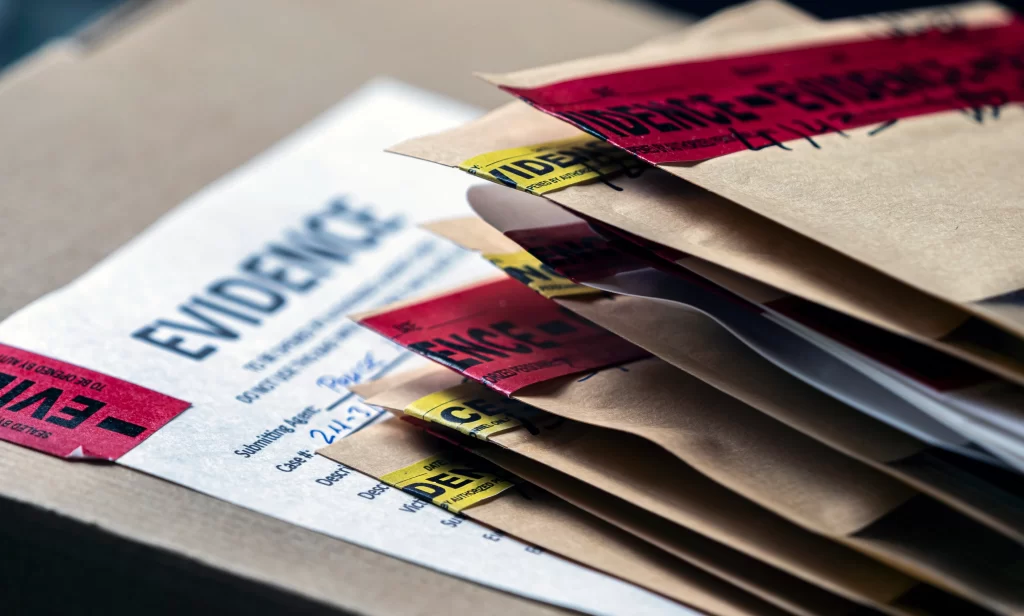
Vawa Visa
What kind of evidence can be used to win a VAWA case?
VAWA offers the opportunity to get work permission and a migratory status that can take you up to pe...
 María Mendoza
María Mendoza
Published: February 14, 2023
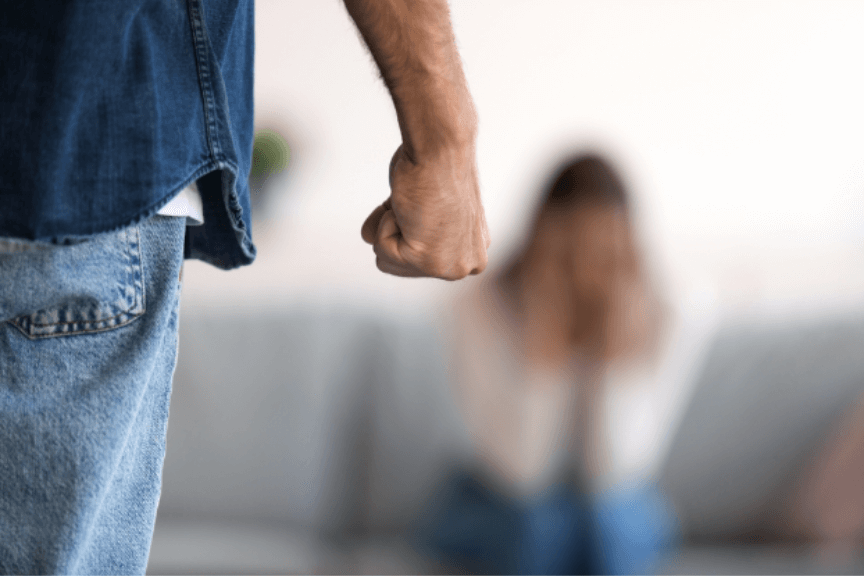
Vawa Visa
Does the VAWA Visa affect the abuser? Find out the truth & benefits
Imagine being trapped in an abusive situation and finally having the chance to start over in the Uni...
 María Mendoza
María Mendoza
Published: March 28, 2025
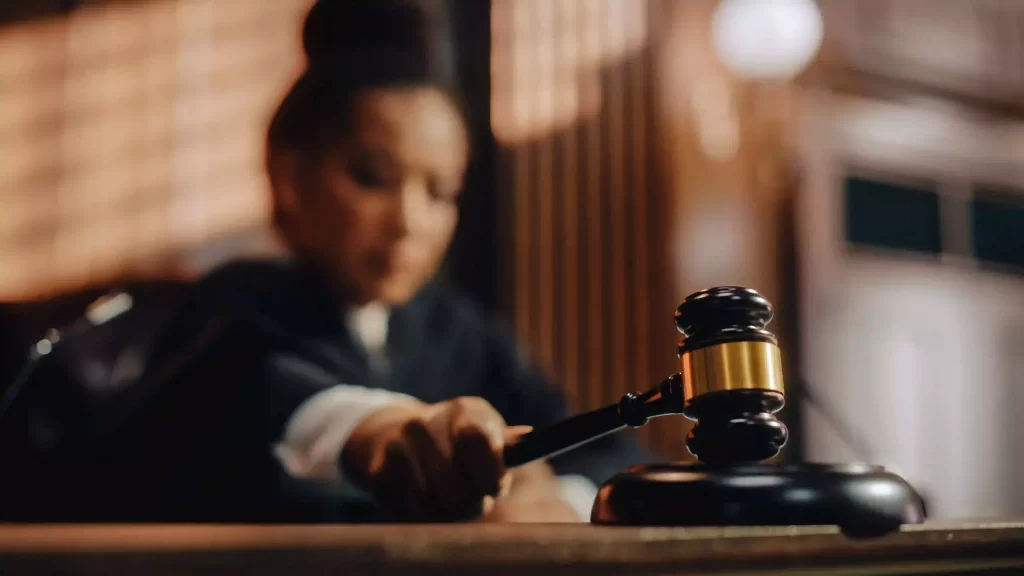
Vawa Visa
How to become a legal immigrant when having crimes on the record?
Recently, our founder, attorney Maria Mendoza, won a case for a client who had committed several cri...
 María Mendoza
María Mendoza
Published: August 11, 2023
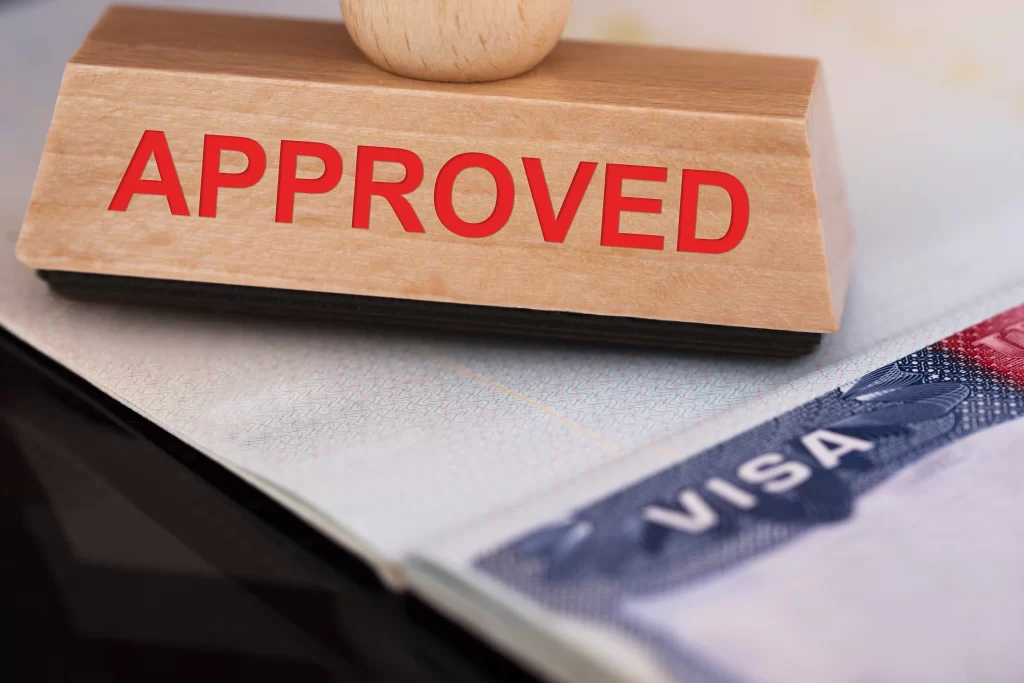
Vawa Visa
Which factors can increase the possibility of succeeding with a VAWA case?
VAWA has incredible benefits. It can give a way to regularize migratory status without leaving the U...
 María Mendoza
María Mendoza
Published: August 23, 2023
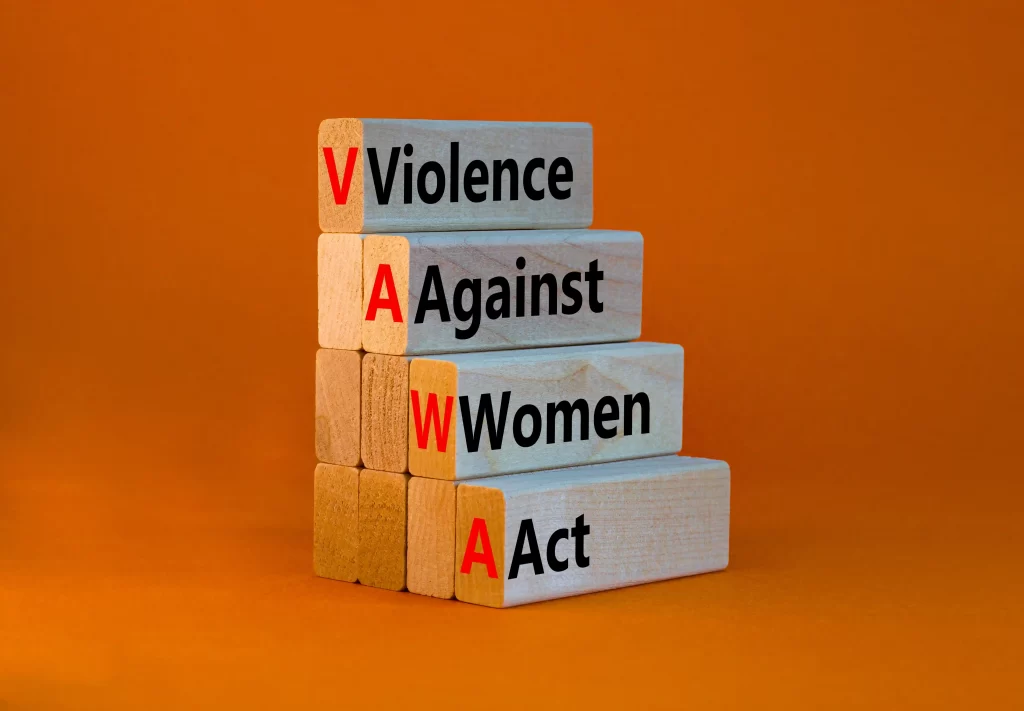
Vawa Visa
How does the VAWA visa work?
VAWA visa is one of the humanitarian visas. It’s a visa that can be convenient for different r...
 María Mendoza
María Mendoza
Published: September 21, 2023